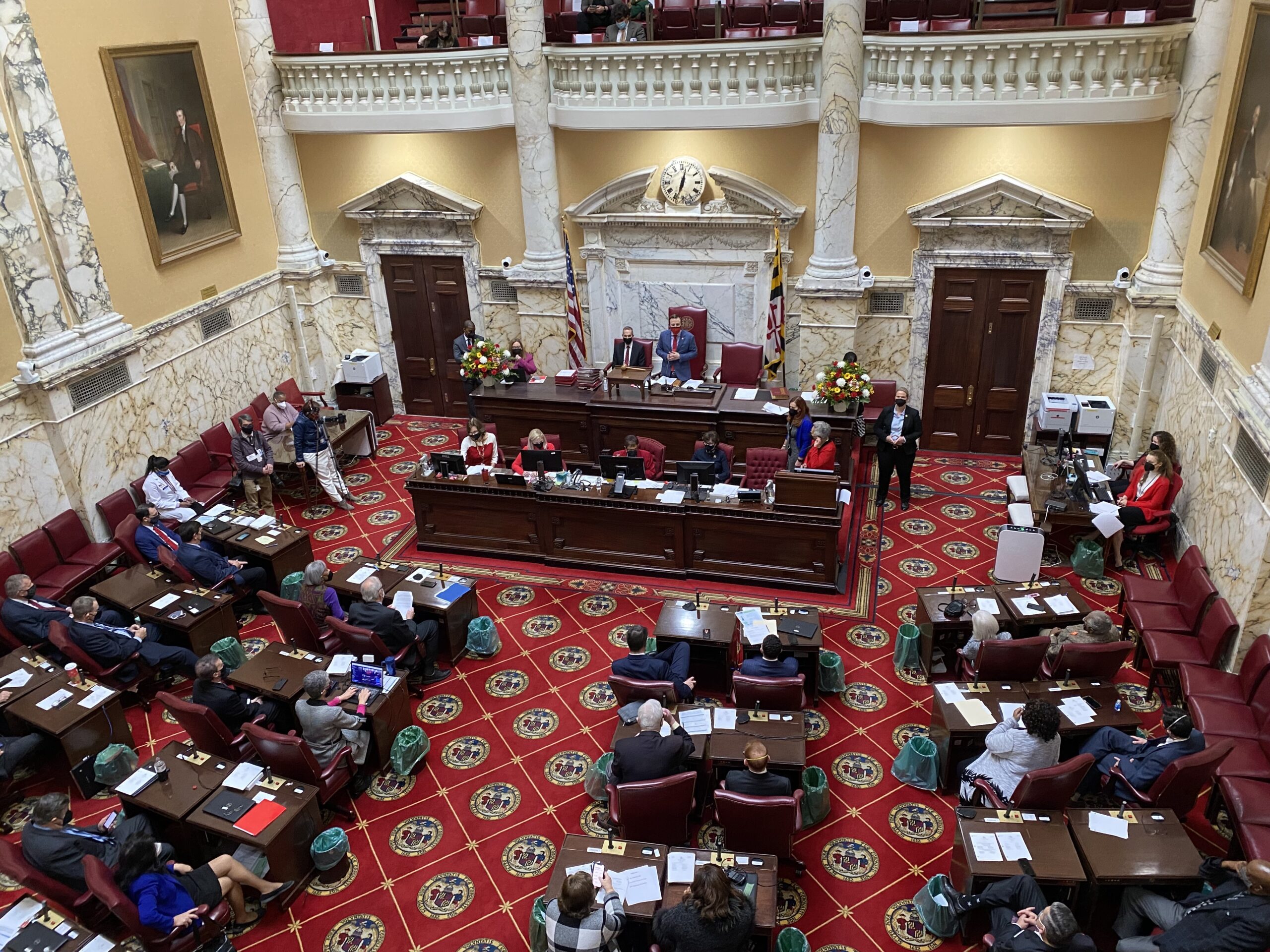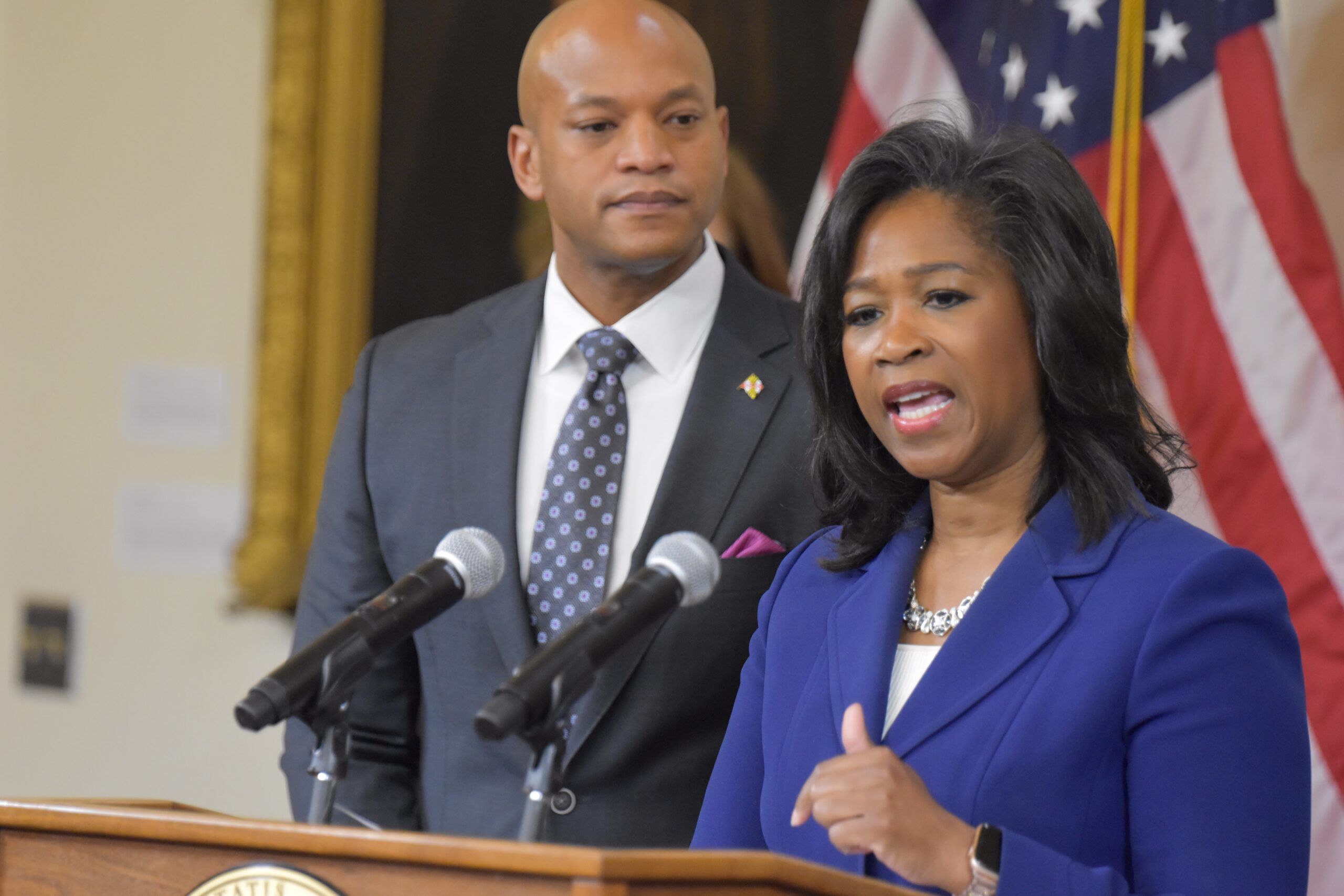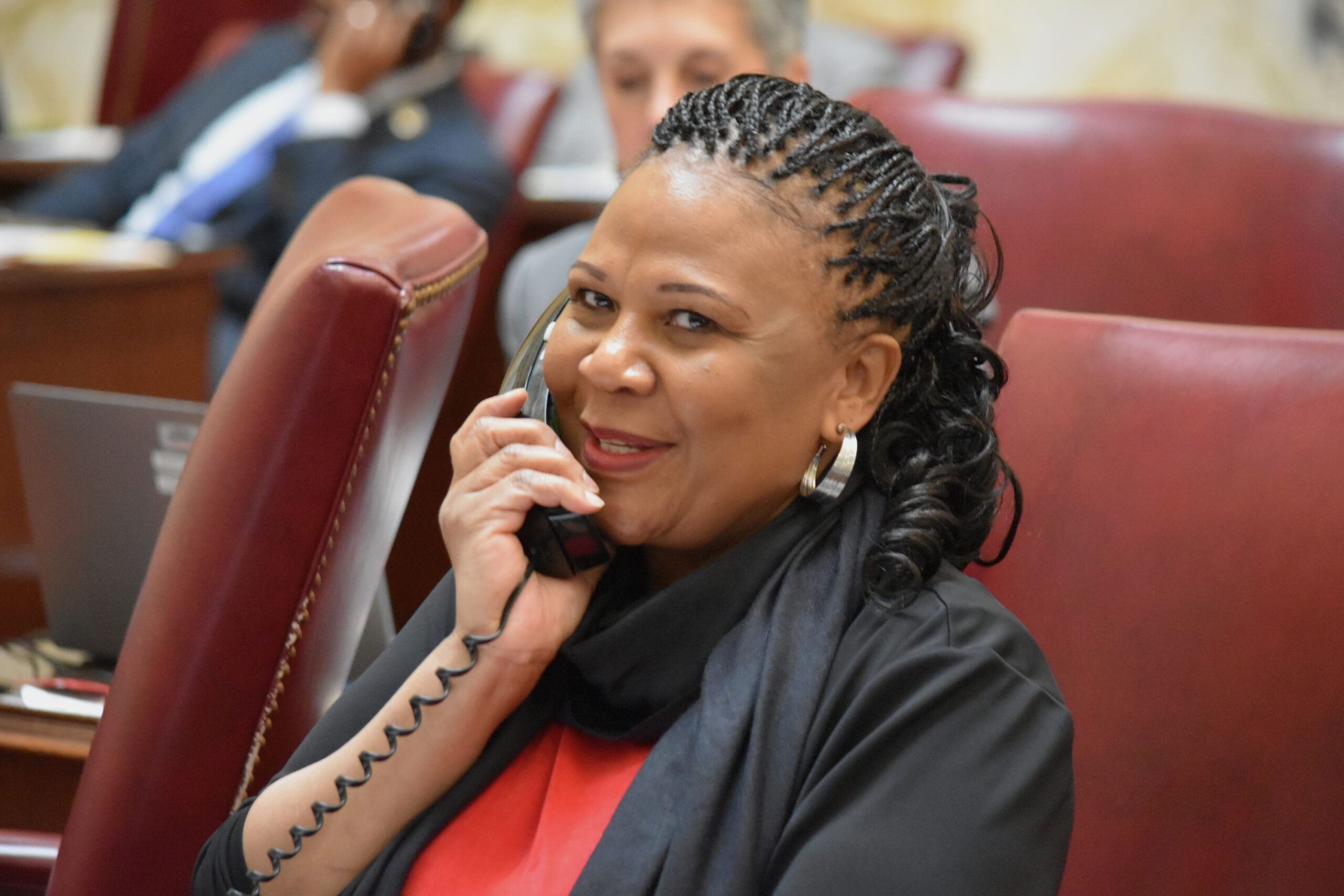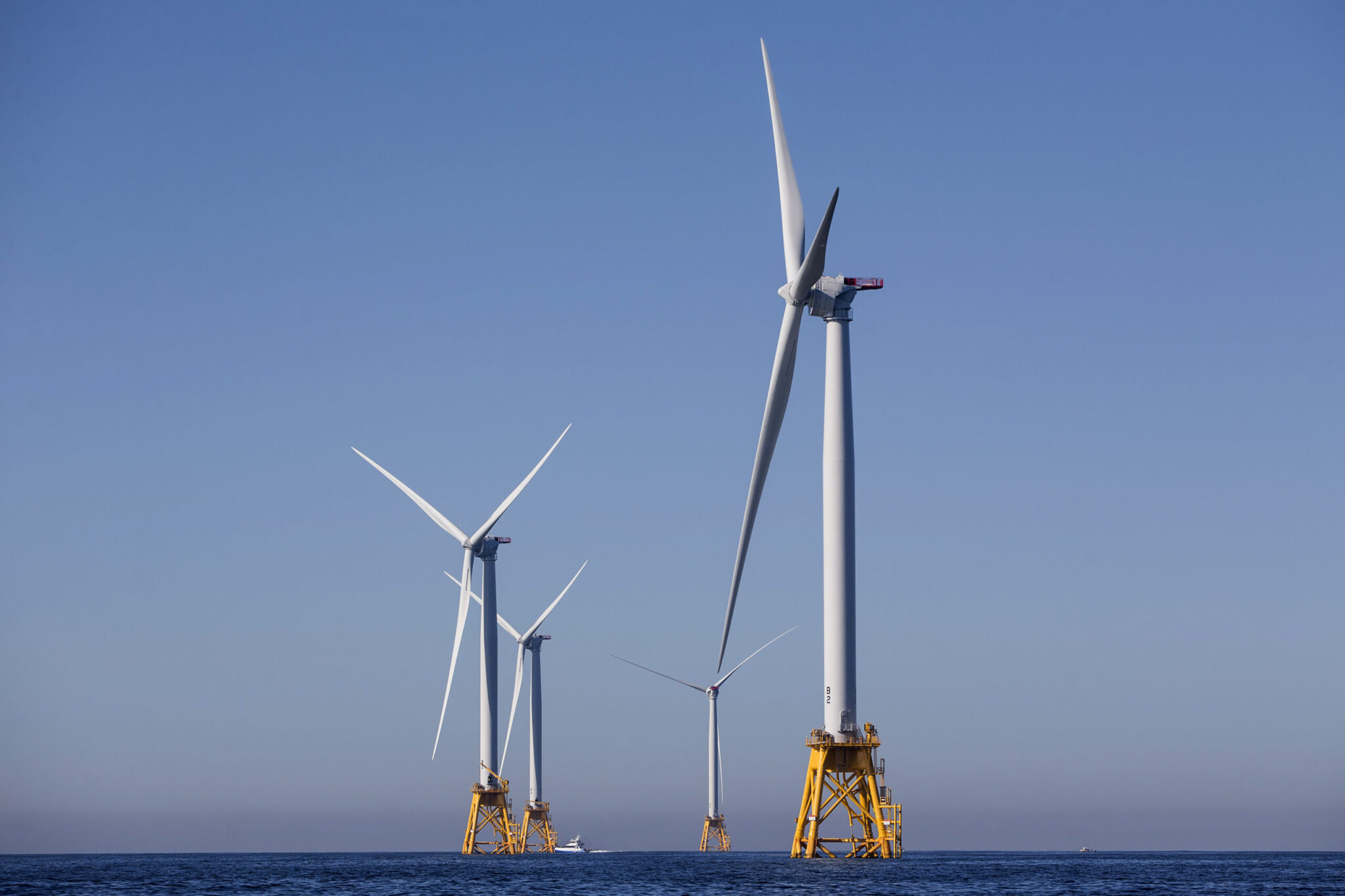Senate Accepts House Amendments on Climate Bill, Setting Stage for Possible In-Session Veto Override

The Senate gave final approval on Thursday to a wide-ranging climate bill that would set the state on a path to achieve carbon neutral emissions by 2045.
The Climate Solutions Now Act of 2022 would do so by requiring building owners to start relying on electricity for space and water heating needs, creating a “green bank” that would invest state funds into private projects that reduce gas emissions and expanding the state electric vehicle fleet.
But some senators were reluctant to accept amendments that had come over from the House.
Sen. Stephen S. Hershey Jr. (R-Upper Shore) called the bill an example of measures that come to the chamber from the House of Delegates with a “take it or leave it” attitude. The Senate chamber was turning into the “House of Delegates’ annex,” he said. “We’re getting run over by the House of Delegates, and [the Climate Solutions Now Act] is number one.”
Sen. Paul G. Pinsky (D-Prince George’s), the chair of the Senate Education, Health and Environmental Affairs Committee and the lead sponsor of the bill, said the House amendments still retain a high greenhouse gas emission reduction goal, new building energy standards and a transition to zero-emission vehicles. “We stand behind the bill,” Pinsky said.
But Minority Leader Bryan Simonaire (R-Anne Arundel) referred back to Pinsky’s comments a day earlier that the House amendments showed “some level of retreat and a conciliation to the fossil fuel industry” and said he was surprised by Pinsky’s decision to support the measure. Hershey said the House “gutted the bill,” a phrase that Pinsky had used last year to describe the House’s version of the Climate Solutions Now Act of 2021
“I feel like we’re in Alice in Wonderland,” Pinsky said, noting that the comments were made by senators who had voted against the bill earlier. “The question before us is: do we want to help shape our future, our history of our state and our planet, or do we want to sit on the sidelines?”
Some senators took issue with an electric school bus pilot program that the House of Delegates added into the bill. Those provisions were initially a standalone bill that the House Environment and Transportation Committee added earlier this week and would allow utility companies to provide rebates up to $50 million to local school systems that transition to an electric school bus fleet. Under the pilot program, utility companies can access the school system’s stored electricity during the summer, when the buses are not being used.
Hershey said the provision could penalize local governments whose school districts did not participate in the pilot program, requiring them to in essence pay for the conversion of school bus fleets in the counties that did take part in the program. He called out Montgomery County in particular, which plans to replace around 300 of its diesel school buses with electric ones over the next several years.
Sen. Malcolm Augustine (D-Prince George’s) also took issue with the electric bus pilot program, saying adopting it could discourage counties that are interested in setting up their own bus electrification programs. Augustine added that the amendment by the House superseded the Senate’s committee process, noting that the Finance Committee did not move on the standalone bill’s cross-file.
Pinsky said the legislature could end the pilot program next year if it ends up being a bad public policy.
Sen. Benjamin F. Kramer (D-Montgomery), the Senate sponsor of the electric school bus program bill, said that criticisms of the program were “parochialism rearing its very ugly head.”
“Our decision process does not end at jurisdictional boundaries. If that were the attitude that we take on every bill we vote out of here, nothing would ever get passed,” he said.
He took exception to the implication that the program would only benefit Montgomery County at the cost of other counties. Instead, utility companies using stored electricity would bring down the electricity cost for everyone across the state, he said. Montgomery County has already contracted a private company to provide electric school buses, so the pilot program may not provide any benefit there, Kramer continued.
The Senate passed the Climate Solutions Now Act in a 32-15 vote.
Senate President Bill Ferguson (D-Baltimore City) said he plans to send the bill to Gov. Lawrence J. Hogan Jr. (R) on Friday, which gives the legislature a chance to override a potential gubernatorial veto before the 90-day legislative session ends on April 11.
Hogan dismissively called the climate bill an “energy tax” when it was initially being debated on the Senate floor three weeks ago, even though it contains no tax increases.
Environmental advocates commended the General Assembly for passing a sweeping climate bill this year, but said there is more work to be done to significantly reduce the state’s carbon footprint.
“The bill mostly represents a promise to cut greenhouse gas emissions but it doesn’t provide the full and concrete plan we need on how to get there,” Victoria Venable, the Maryland Director of the Chesapeake Climate Action Network, said in a statement. “We need to electrify across the economy and we need to expand renewable energy so that electricity is coming from clean, renewable sources. This is a step in the right direction but we have so much more work to do.”




 Creative Commons Attribution
Creative Commons Attribution